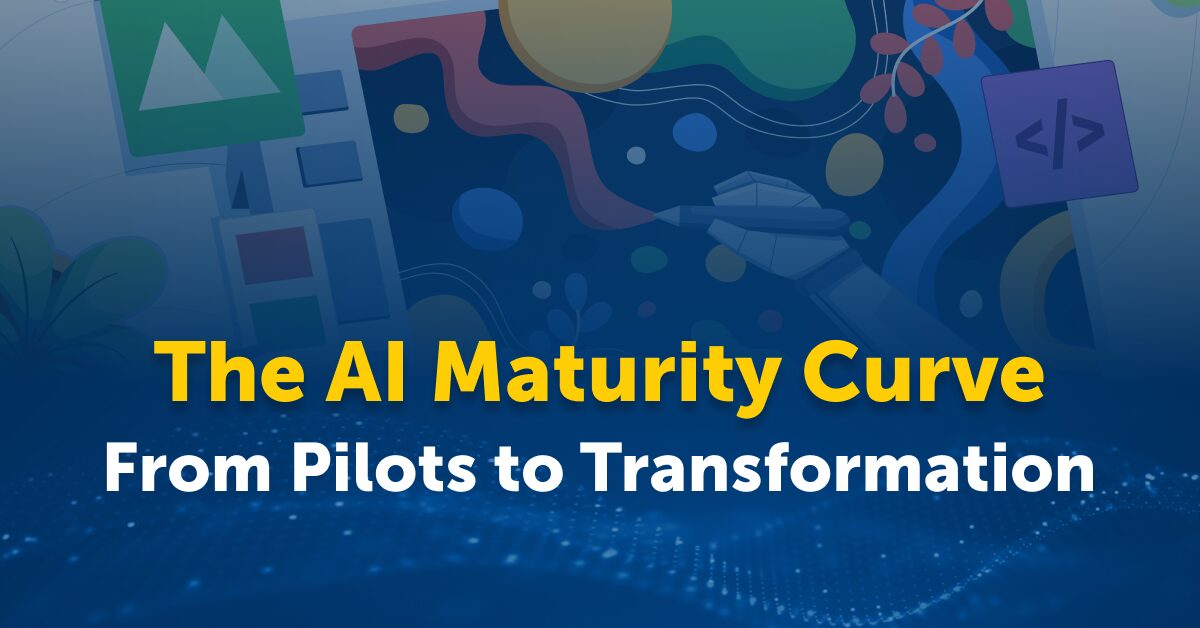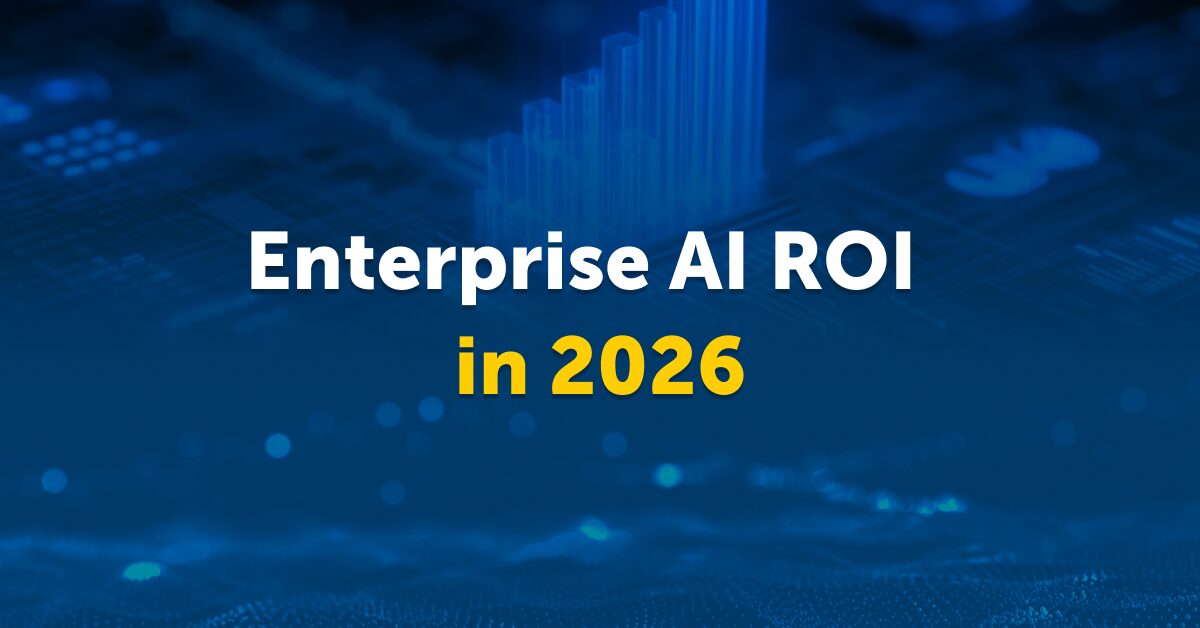6 Common Misconceptions Businesses Have About Big Data
What is Big Data?
Big data is a collection of information so large and complex that it can no longer be processed or stored by conventional tools.
Why is big data valuable?
Companies can use big data to gain customer insights, identify trends, and tackle problems to grow the business, target ads, and develop products. For instance, retailers can leverage the power of big data to gain insight into their customers’ purchase patterns, allowing them to provide each customer with an optimized shopping experience.
Here are some misconceptions many businesses have about Big Data:
Big Data is only for large businesses
Yes, but not solely. Due to the massive amounts of data that most organizations, including smaller ones, generate, the advantages of Big Data technologies are available. With revenues of more than $154 billion in 2020, major businesses will in the future be the main drivers of big data and business analytics. International Data Corporation(IDC) predicts that small and medium-sized firms will continue to make a substantial contribution too.
Many companies tend to think huge data is costly to manage. Today, even a number of big data startups provide accessible solutions to assist organizations in data analytics. Additionally, because of the widespread use of big data, technologies are now more accessible to businesses than ever before.
Thus, before investing extensively in big data technology or infrastructure, you should begin by identifying a few high-value problems that validate the business case for leveraging this new resource. The procedure can be scaled once the proof of concept demonstrates the value of big data.
Integrating Big Data is the answer to all business issues
Big data is unstructured: too large and complex to be analyzed with traditional techniques, and not easily “quantified” or turned into numerical values. Because of this, it is difficult to use big data to solve business problems. The ambiguity in the information provided by big data prevents organizations from getting definitive answers. Therefore, effective questions must be asked to leverage big data analytics. As a result, more and more businesses are looking for analysts to address these problems.
Big data doesn’t apply to non-tech companies
Even if your business is a non-tech company, being able to use data to make decisions will give you an edge over competitors. The early adopters will be at the forefront of a new digital era when things like automation, AI customer care, and big data-powered marketing become the standard. By understanding how data helps an organization make better decisions and take more informed action based on facts instead of gut feelings, it can help non-tech businesses reap immense benefits as well. If a company wants to capture this market now, they’re going to have to use data-based tools to stay ahead.
All collected data, regardless of relevance, are useful
Unfortunately, this is not true. Big data cannot answer everything. It’s important to use specialized algorithms and ask the right questions. Decisions about which data to utilize, how to sample it, how to integrate it with complementary data sources, and how to apply it to a specific business case require human input.
It’s crucial to differentiate between quality and quantity while dealing with information. Low-quality data is full of inaccuracies, which can lead to problems for companies that rely on it—so they should avoid everything but qualitative information.
Big Data is complicated, only data scientists can make sense of it
Despite the complexity of Big Data, the largest misstep data scientists make is failing to comprehend the context and business goals of their job. Instead, they place a strong emphasis on learning AI/ML skills. We should make sure the business isn’t working exclusively on anything related to machine learning or AI; we would want to know that they’re also familiar with some of the other approaches (i.e., computational linguistics, bioinformatics, etc.). We should also get an idea of the size and scope of their work in this area. It is crucial for data scientists to collaborate closely with consultants in order to comprehend how their business objectives have altered and how their strategy should change accordingly. When working with big data, context is key.
AI applications are not required for Big Data
AI can make big data easier to analyze by automating and improving complicated analytical activities that would otherwise be time-consuming and labor-intensive, like preparing data, visualizing data, or building predictive models. It speeds up the process of analyzing massive, complicated datasets and surfacing relevant insights for users.
Artificial intelligence runs on big data. Machine learning relies on big data to function. The more data the AI has at its disposal, the more it can learn from and develop its capacity for pattern identification.
Bottom Line
Big data is valuable, but the value is in how it’s used. Businesses that invest in their data and AI teams have a better chance of unlocking insights to understand their customers, refine advertising and promotions, and optimize product development to increase customer satisfaction and drive revenue growth. Many businesses are currently undertaking Big Data projects. We have a great deal of questions about how to successfully complete these projects and generate real value from them. Fusemachines can help you find solutions to these questions; learn more here.


